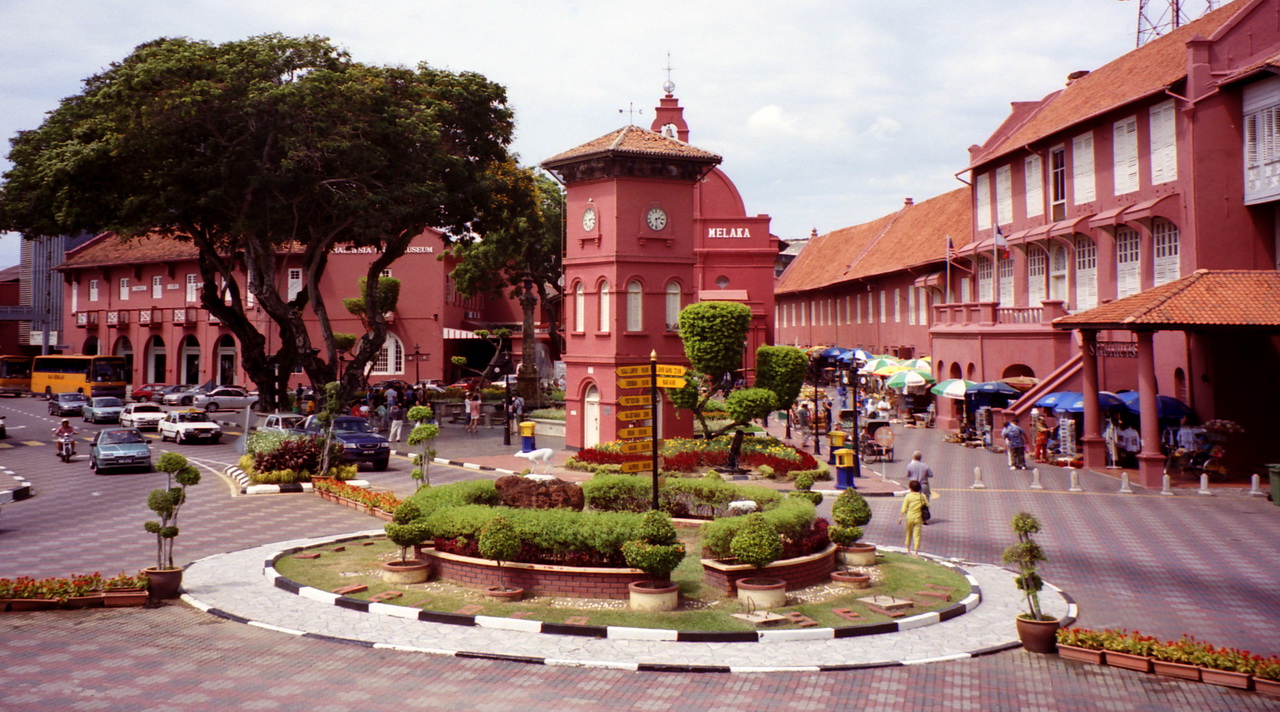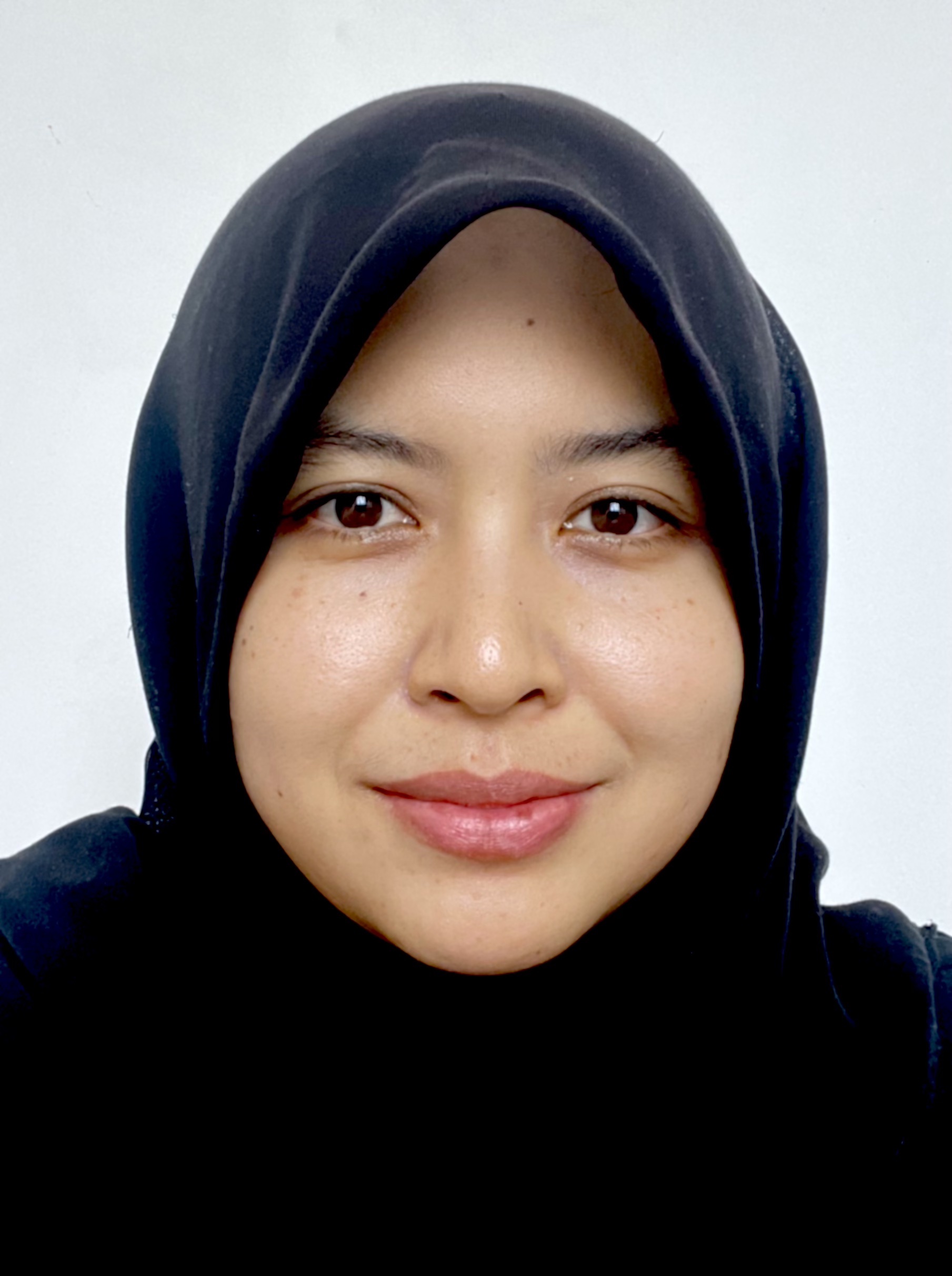From historical city to happiest city to sustainable city – the Melaka City Centre continues to evolve at the helm of the Historical Melaka City Council
“Melaka city centre has changed tremendously over the past 10 years,” reflected Ms. Zuhaila Ahmad Zubel, Director of Town Planning Department in the Melaka Historic City Council (MBMB). “And that is mostly due to the Malacca River Project.”
The city she serves and calls home is a historically active one, with roots in the 15th century Melaka sultanate. It was also where Malaysia’s independence was first proclaimed in 1956.

Just a few decades ago, the Melaka River, once known as the Venice of the East, was one of the most polluted rivers in Malaysia. The presence of many residential buildings with illegal toilet extensions along the water edges reduced accessibility to the waterfront, and had caused the waterway to deteriorate in quality.
Since the early 2000s, the state government embarked on a river beautification project. Illegal extensions on the river were removed, and a river cleaning programme instituted to improve water quality. Pedestrian walkways, a river boat cruise and a linear park with interesting focal points were built, while squatters along the upper parts of the river were relocated. The provision of board walks ensured mangrove swamps along the river were preserved.
What was once a sore sight for the eyes became Melaka's most exciting and lucrative tourism attraction, with the added bonus of flood mitigation. The Melaka River Cruise that plies tourists over the waterway attracts over a million passengers, showcasing the success of the rehabilitation and beautification project that now serves as a benchmark for other states in Malaysia.
MBMB is currently extending the focus beyond the city centre and heritage area to surrounding commercial and residential areas. Efforts have been made to improve on safety, such as campaigns to reduce house break-ins, changes in physical layout to reduce crime hotspots, as well as provision of facilities such as designated parking for women and people living with disabilities.
“We found that crime issues disproportionately affect women more than men,” shared Ms. Norliah Abd. Rahman, the city council’s Assistant Director of Town Planning Department. “Our plans therefore focused on addressing the issue from a woman’s perspective, which led to physical changes in areas that are not well-lit or that are hidden, as well as enhanced security features. We separated pedestrian and motorised areas, installed CCTVs for increased security, and conducted site visits to communities to explain what we are doing, how they can participate and help maintain the improvements. These changes also benefit the elderly and people living with disabilities.”
Their efforts in establishing a safe city, in collaboration with the police force, Immigration Department and National Anti-Drugs Agency using the Crime Prevention Through Environmental Design (CPTED) approach, have been recognised. In 2018, the city saw a 17 per cent reduction in crime, and in 2019, the city centre was accredited by the national Housing and Local Government Ministry as one of ten ‘Malaysia’s Happiest Cities’.
There is much more that MBMB would like to do: “We want to bridge the gap between city authority and communities,” said Ms. Zuhaila. “We continue to interact with communities in small but effective ways, such as ‘gotong-royong’ [communal assistance], assistance to the bottom 40% of household income group, as well as regular townhalls.”
“We also want to get a head start by engaging with the younger generation of the community,” Ms. Norliah added, “and that is why we are now conducting activities with children and schools in order to build closer relationships with communities for the long-term.”
Regular and active engagement with local communities will definitely play an important role as the city sets its sight on the bigger goal of becoming a sustainable city, encapsulated in the vision ‘Melaka Bandaraya Bersejarah Lestari Pintar’ (Smart and Sustainable Historical Melaka). MBMB is working to enhance their Geographic Information Systems (GIS), smart platforms, live data and instant monitoring for better decision-making, and aims to become a resilient, green and smart city by 2035.
The UK Prosperity Fund Global Future Cities Programme (GFCP) is working with the Melaka State Economic Planning Unit (UPEN), the Melaka Green Tech Corp (PTHM) and stakeholders to enhance the sustainability of the transport and mobility system in efforts to preserve and conserve the tourism appeal of this UNESCO World Heritage Site via two interventions:
- Green Transport Masterplan and Green Bus Network
- Heritage Area Integrated Mobility Plan
References:
- https://www.worldheritage.com.my/blog/2013/07/26/melaka-river-project-now-a-model-for-others/
- https://focusarchitects.com.my/project/urban-design-planning/sungai-melaka-rehabilitation-beautification.html http://irep.iium.edu.my/3766/2/Regeneration_of_the_Historic_Waterfront_of_World_Heritage_Sites_in_Malaysia_–_The_Case_of_Penang_and_Melaka.pdf
- https://www.hmetro.com.my/mutakhir/2020/06/585249/2-bandar-paling-bahagia-ada-di-melaka
Partner
Mott MacDonald (MM)
Country
Malaysia
City
Melaka
Themes
Spatial Planning
Data-Driven Process and Management
Mobility
Author(s)

Atiqah Zailani
UN-Habitat Local Strategic Advisor for the Global Future Cities Program, Malaysia